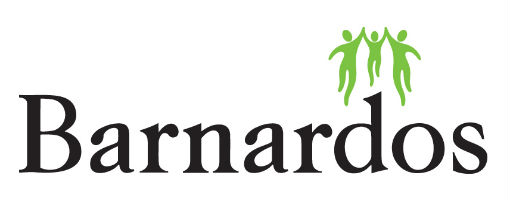Charities are 'not just here with a begging bowl', but need a substantial rescue package in order to survive, the NCVO chief told MPs.
Speaking at a virtual meeting with the Digital Culture Media and Sport (DCMS) Committee, the umbrella body’s CEO, Karl Wilding, said it feels like the government is treating the current economic crisis facing charities as an ‘academic exercise’.
“We are not just here with a begging bowl. We are here because I think charities have a right to survive,” Wilding said.
The meeting came after Boris Johnson last week announced he was working on a ‘package’ for the charity sector, although no further details have been announced.
“I feel at times we are informed, but not involved,” said Wilding.
“We were told the government is working on a package. I have no details of what that package will look like. I have no details of what the scale of that package will look like,” he added.
“We need something that’s simple, substantial and swift. Every day counts and it feels, at times, like this is an academic exercise in government.”
The NCVO and other sector bodies have estimated, based on surveys and other research, that charities could expect to lose over £4bn during the coronavirus pandemic as a result of shop closures and cancelled or postponed fundraising events.
A number of charities have announced plans to furlough a large proportion of staff during the period to save on costs, but Wilding has said the furloughing model will only work for one in three charities.
Furloughing means charity staff will be temporarily stood down from their roles, whilst still being paid. The government will cover 80% of employee wages under the Job Retention Scheme and employers can top up the remaining 20%. Each employee can earn up to a maximum of £2,500 a month.
Wilding said he agrees with the ‘intent’ of the furlough scheme, but claims ‘the design does not match the intent’.
“Our very rough calculation is that one in three charities can deploy the furloughing scheme. The problem is that essentially the furloughing scheme means you’re standing down staff at exactly the time you want them to step up.
“Mothballing staff when demand is increasing is the opposite of what you need to do; you need to mobilise them.”
Latest News
-
Oxfam GB CEO leaves following conduct investigation
-
Anti-poverty charity fails to submit any accounts since launching five years ago
-
Dutch leisure company to take over charity’s zoos
-
Monday movers - 15 December 2025
-
Charities reducing their visibility amid ‘climate of fear’
-
Volunteering rates rise but remain below pre-pandemic levels
Charity Times video Q&A: In conversation with Hilda Hayo, CEO of Dementia UK
Charity Times editor, Lauren Weymouth, is joined by Dementia UK CEO, Hilda Hayo to discuss why the charity receives such high workplace satisfaction results, what a positive working culture looks like and the importance of lived experience among staff. The pair talk about challenges facing the charity, the impact felt by the pandemic and how it's striving to overcome obstacles and continue to be a highly impactful organisation for anybody affected by dementia.
Charity Times Awards 2023
Mitigating risk and reducing claims

The cost-of-living crisis is impacting charities in a number of ways, including the risks they take. Endsleigh Insurance’s* senior risk management consultant Scott Crichton joins Charity Times to discuss the ramifications of prioritising certain types of risk over others, the financial implications risk can have if not managed properly, and tips for charities to help manage those risks.
* Coming soon… Howden, the new name for Endsleigh.
* Coming soon… Howden, the new name for Endsleigh.
Better Society

© 2021 Perspective Publishing Privacy & Cookies










Recent Stories